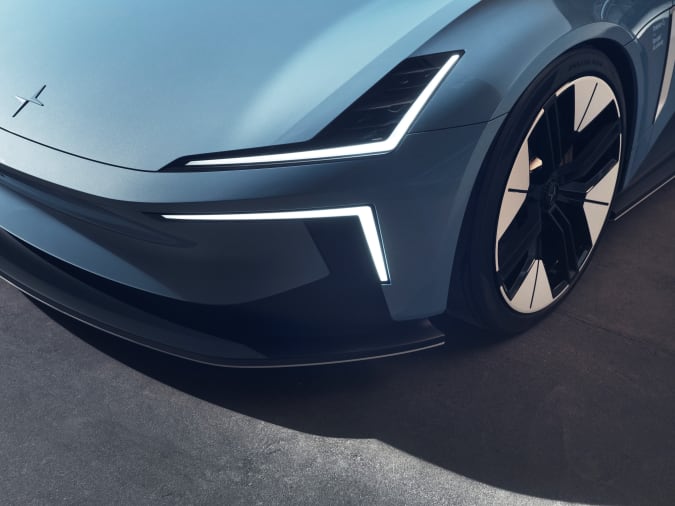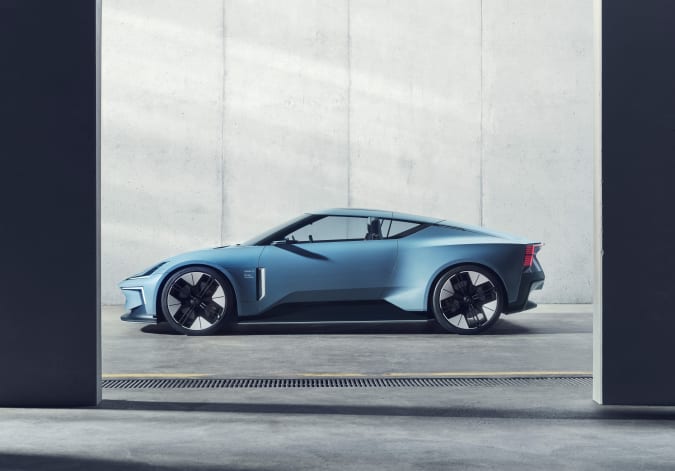Wealthy Russians turn to luxury jewelry, watches to protect savings | News about the war between Russia and Ukraine
As sanctions against Russia cause the ruble to collapse and keep stock markets closed, the country’s rich are turning to luxury jewelry and watches in a bid to preserve the value of their savings.
Sales at Bulgari SpA’s Russian stores have risen in recent days, the Italian jeweler’s chief executive said after the international response to the nation’s invasion of Ukraine severely curtailed cash flows.
“In the short term, this has probably stimulated business,” Jean-Christophe Babin said in an interview with Bloomberg, describing Bulgari jewelry as a “safe investment”.
“It is difficult to say how long this will last, because indeed, with SWIFT measures fully implemented, this could make it difficult, if not impossible, to export to Russia,” he said, given Russia’s restrictions on access to SWIFT. … messaging system.
Even when consumer brands from Apple Inc. to Nike Inc. and energy giants BP Plc, Shell Plc and Exxon Mobil Corp. withdrawn from Russia, the largest luxury brands in Europe so far are trying to continue to operate in the country.
Bulgari, owned by LVMH SE, is far from alone. Ricier’s Cartier still sells jewelry and watches, and Swatch Group’s Omega watches are still available, as are Rolexes.
“We are there for the Russian people, not for the political world,” Babin said. “We work in many different countries that have periods of uncertainty and tension.”

Like gold, which can serve as a means of storing value and hedging against inflation, luxury watches and jewelry can hold back or even rise amid economic turmoil caused by wars and conflicts.
Popular watches can change the owner of the secondary market for three or four times the retail price. However, the impact of the invasion on the value of luxury items poses a potential public relations problem.
“It is true that luxury brands may decide not to serve the Russian market. Rationally, this would be a price for them, probably outweighed by the positive communication image they receive in other markets, “Bernstein analyst Luca Solka said in an email.
Sales in Russia and to Russians abroad account for less than 2% of LVMH and Swatch Group’s total revenue and less than 3% for Richemont, a “relatively insignificant” level, according to a report this week by Edward Auben and colleagues. analysts from Morgan Stanley.
This is due in part to Russia’s differences in income and wealth, with a small number of billionaire oligarchs living beyond the means of ordinary people. The average monthly salary in Moscow is about 113,000 rubles ($ 1,350 at the exchange rate before the invasion) and is much lower in rural areas.
A Swatch Group spokesman said the company was monitoring the situation in Russia and Ukraine very closely and declined to comment further. Speakers from Richemont, Rolex, Hermes, LVMH and Kering SA declined to comment on their operations in Russia.
The pressure on big brands is growing. The LVMH-backed Business of Fashion called on retailers to close Russian stores and not deliver products online. In a widely circulated editorial, editor-in-chief Imran Amed said the move would be “largely symbolic” but would show “commitment to a strong moral position”.
So far, the reaction has been silenced. Balenciaga, whose creative director Demna Gvasalia is Georgian, removed all fashion content from his Instagram page days before his autumn-winter show in Paris. In its place is the Ukrainian flag and a call for donations to the World Food Program. LVMH said it was donating 5m euros ($ 5.6m) to the International Committee of the Red Cross to help war victims. LVMH also provides financial and operational assistance to its 150 employees in Ukraine, he added.
Bulgari, founded in 1884 by Sotirio Bulgari and bought in 2011 by LVMH, is likely to raise prices in Russia at some point, according to the CEO.
“If the ruble loses half its value, our costs remain in euros, we cannot lose money from what we sell, so we will have to adjust prices,” he said.

No matter what the jump in sales may be, luxury watch and jewelry manufacturers may soon have difficulty filling stores. Moscow has closed its airspace to European Union countries, and the continent’s largest logistics companies have cut off supplies to Russia. Burberry Group Plc said it had suspended all supplies to Russia until the next order amid operational challenges.
Bulgari plans to keep its stores open and continue to develop a new hotel in Moscow despite the war. However, if the crisis lasts for months, “it will be difficult to supply the country,” Babin said.
(Adds statements from LVMH, Burberry)
“With the help of Jonathan Roeder.”





